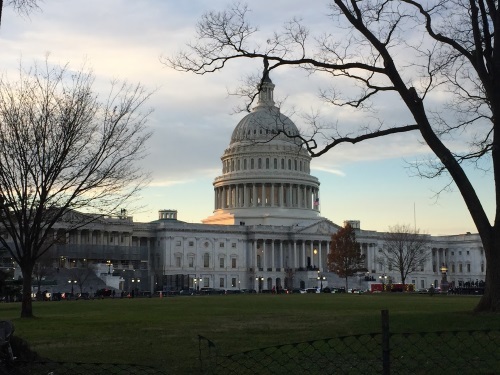The American Association of State Highway and Transportation Officials recently noted in a May 21 letter to the National Highway Traffic Safety Administration that the $1.2 trillion Infrastructure Investment and Jobs Act or IIJA – enacted in November 2021 – could create “significant conflicts” within established Highway Safety Plans or HSPs.
[Above photo by the Virginia DOT]
“The IIJA makes several important changes to HSPs that created significant conflicts between parts of the United States Code (USC) and between the USC and the Code of Federal Regulations,” AASHTO noted in its letter. “Specifically, AASHTO has identified three areas of conflict created because of the identical target requirement between the Highway Safety Improvement Program (HSIP) and HSPs.”
- First, while there are three “in common” performance measures between the HSIP and HSPs, the timelines for both are vastly different. HSPs measure data over the course of three years whereas the HSIP requires annual performance updates.
- Second, effective October 1, 2023, HSP performance targets must “demonstrate constant or improved performance.” This creates a conflict within sections of the current USC statutory language to reflect “anticipated performance outcome” through evidence-based analysis.
- Third, Congress has imposed both a financial penalty and a consequence through the IIJA for state DOTs that do not make “significant progress” toward meeting the safety performance targets as part of HSIP requirements. However, Congress did not impose a similar penalty upon the State Highway Safety Offices in regard to their HSPs. AASHTO is concerned that this requirement could limit the ability of state DOTs to demonstrate significant progress toward meeting safety targets, with fiscal penalties reducing their ability to deliver safety projects and programs.
“State DOTs should be able to implement innovative safety projects and establish aggressive performance targets in their HSPs without fear of penalties imposed when states do not meet or make significant progress toward meeting these targets,” AASHTO said.
 Top Stories
Top Stories
AASHTO Comments on Proposed Drone Rules
October 10, 2025 Top Stories
Top Stories

